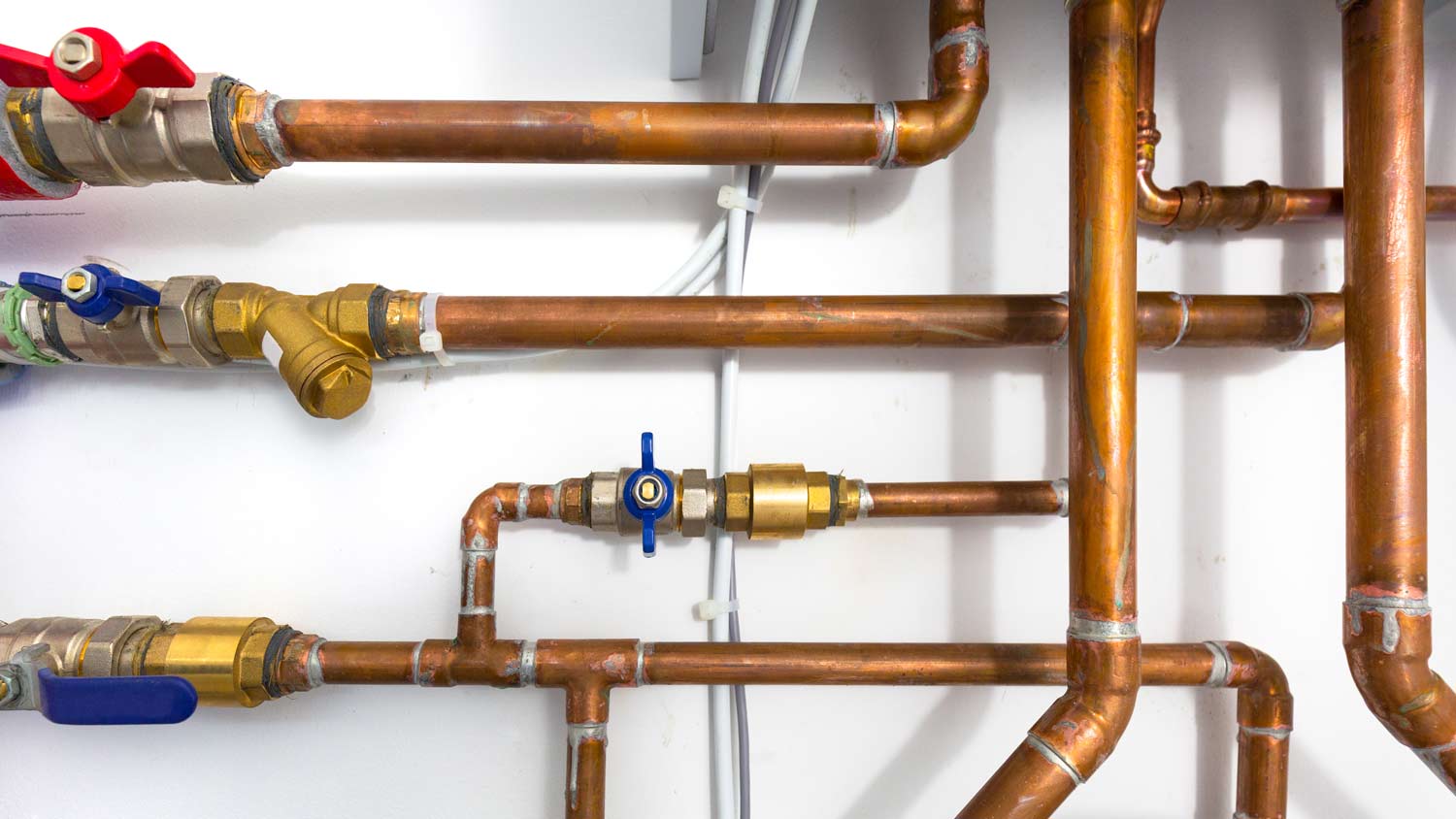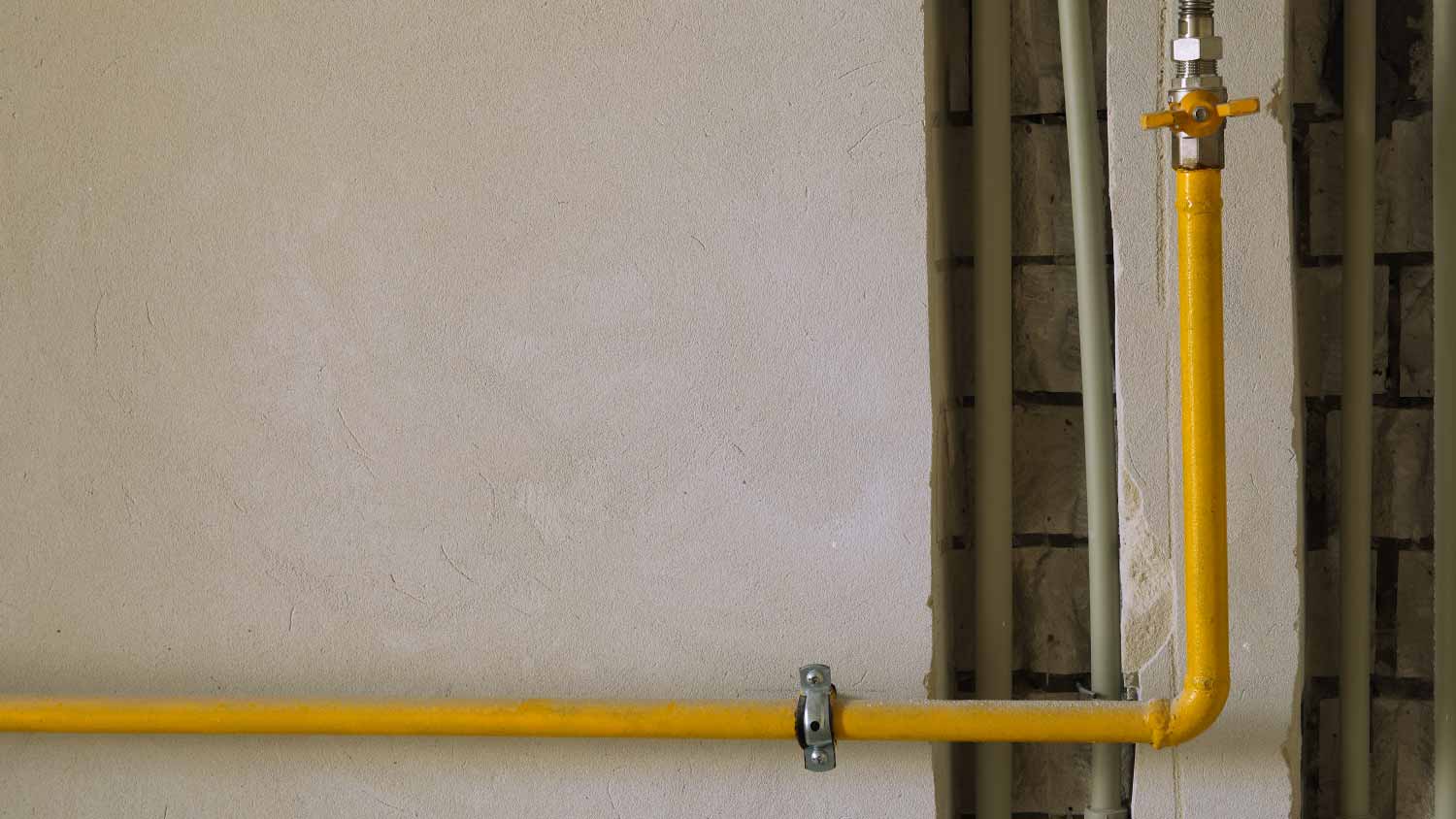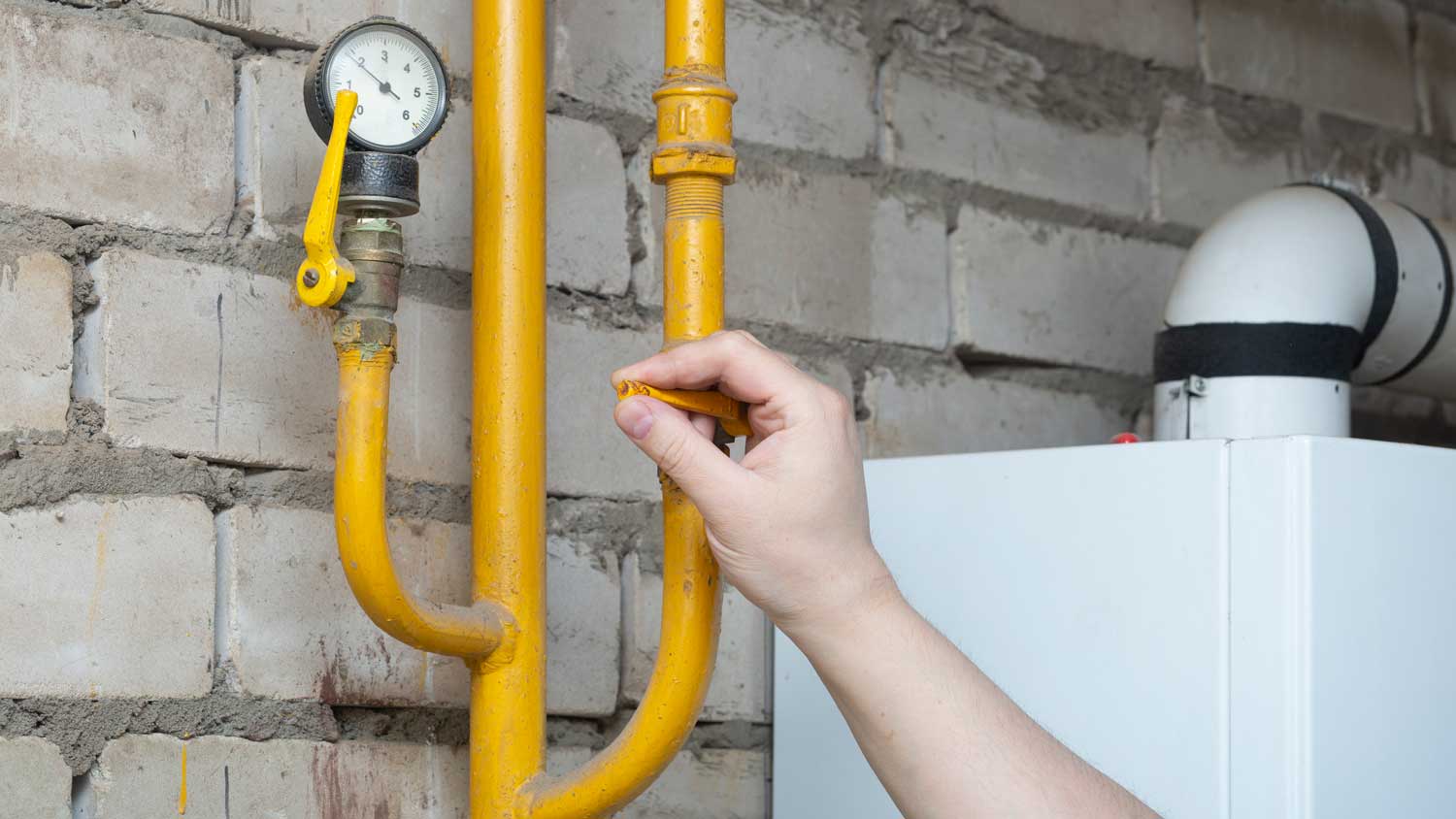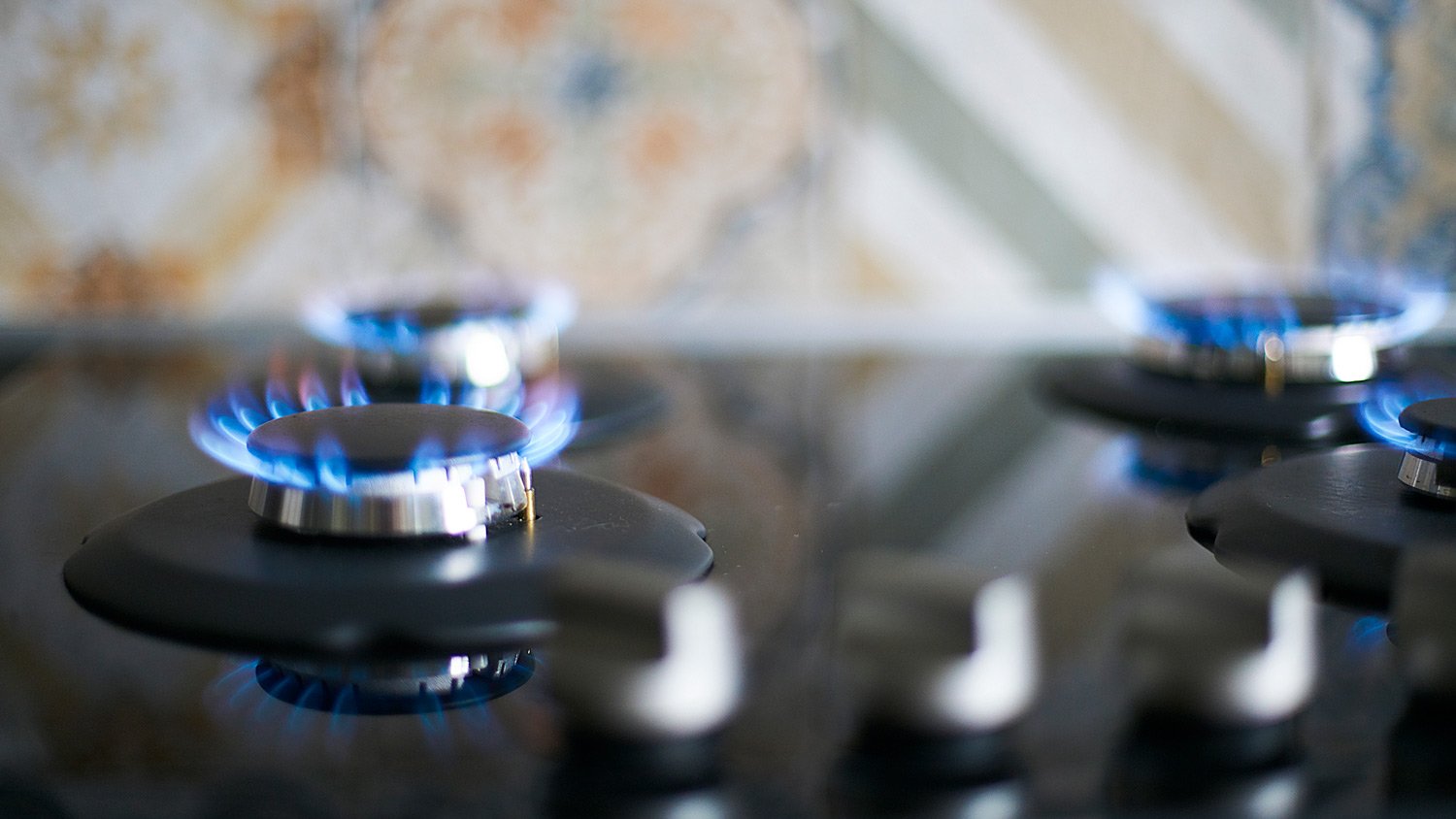How Much Does an Earthquake Valve Cost?
Installing a seismic gas shutoff valve costs around $350 on average, but prices vary primarily based on labor expenses.


Prices generally range between $250 and $750, including parts and labor. If you’re in an earthquake-prone area, a seismic shut-off valve is an important safety measure to prevent fires and explosions from your gas line during a seismic event. In some places, it’s even required to meet building codes. Here is a breakdown of what you might pay to have one installed.
Earthquake Shut-Off Valve Cost Breakdown
Your earthquake valve cost will include the price of the valve itself plus the labor to install it. Some cities require an inspection as well, which could add extra costs.
Profession Installation
The professional labor required to install an earthquake valve usually ranges from $150 to $200. Complex installations, such as having a difficult-to-access gas meter, could drive up this cost.
Seismic Shut-Off Valve Cost
Earthquake valves can go for about $100 to $300 depending on the pipe’s size and pressure capacity.
Natural Gas Line Inspections
The city may require an inspection in some areas, which can cost anywhere between $40 and $150. Some cities will include this cost in their fees, while others require the homeowner to cover it. In any case, getting your valve and gas lines inspected is always a wise gas line service cost to invest in.
What Factors Influence Your Cost to Install a Seismic Shut-Off Valve?
Most standard earthquake valve installations will cost around $350, but certain factors could increase your costs. These include:
Varying labor prices
Difficult-to-access gas meters
Having more than one gas meter
Requiring extra gas piping
Having lines for multiple households on a single gas meter
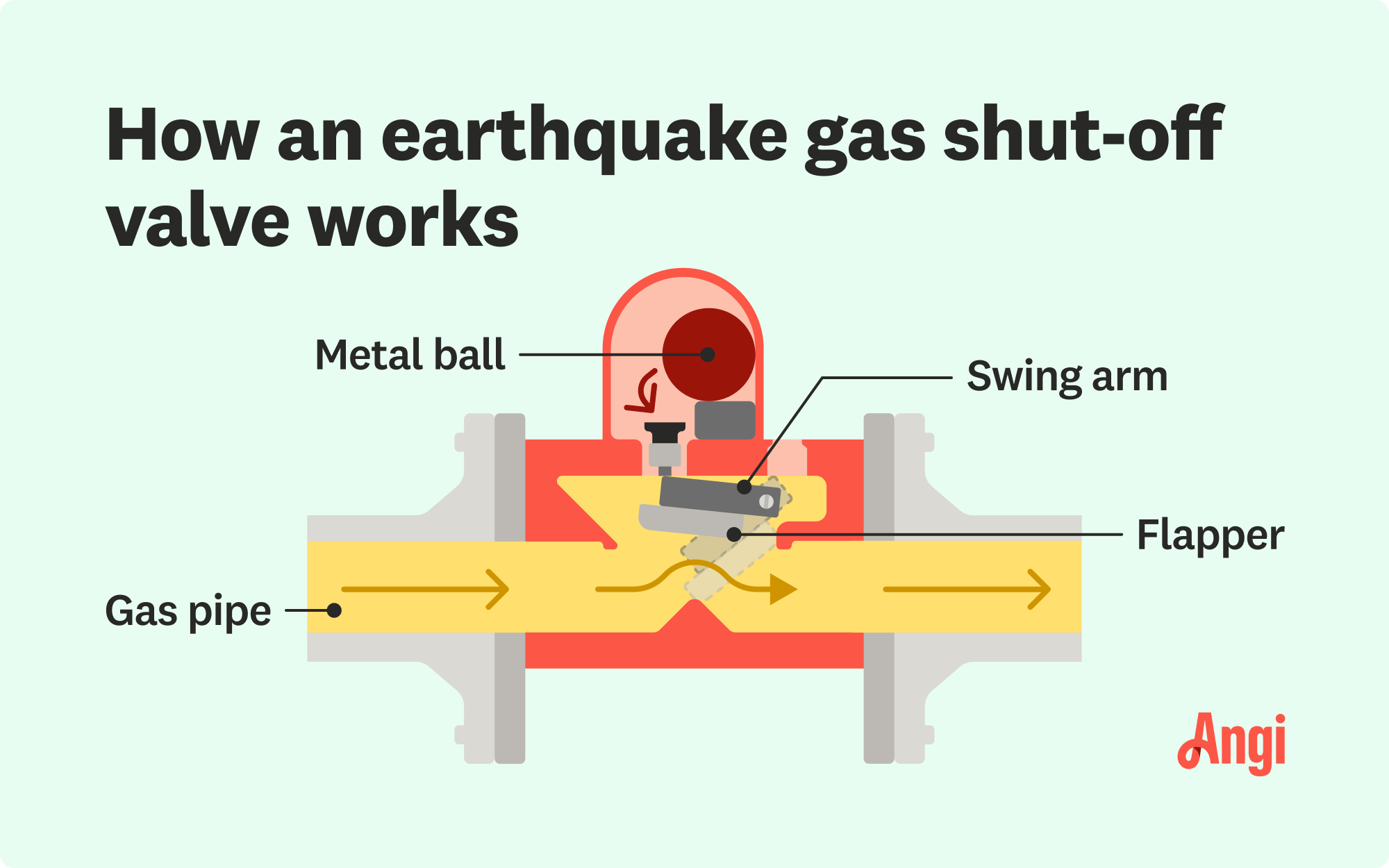
It may come as a surprise, but plumbers are oftentimes the best professionals to hire for gas-related jobs. In fact, most states require plumbers to maintain certifications and insurance in order to take on projects related to gas, including installing and repairing gas lines for appliances, like ovens, stoves, and dryers.
Frequently Asked Questions
Anyone living where earthquakes occur should get one, regardless of whether the city requires it. A seismic shut-off valve will automatically cut off the flow of gas, which could prevent fires and explosions in the event of an earthquake.
Even if you invested in the cost of a gas shut-off valve for your oven and other appliances, it’s still a good idea to add a seismic shut-off valve as an extra safety measure.
Gas shut-off valves for appliances are manual, meaning a person has to be present to cut off the flow of gas. This leaves a lot of room for error, as you might not be home, or you might be too stressed to think about gas lines during an earthquake (understandably so). An earthquake valve is automatic, so it eliminates the chance of human error. Regardless of whether you’re present (or able) to activate it, it will still protect your home from any gas-related disasters in the event of an earthquake.
Due to the hazards of working with natural gas lines, this isn’t a project you should DIY. A certified plumber should install your earthquake valve. Ideally, you should hire a natural gas plumber, which is a plumber who specializes in installing or running gas lines. Get in touch with a natural gas plumber near you to schedule your installation.
Many providers will offer a discount if you install an earthquake valve, which can save you 5% or more. Contact your provider to learn about potential savings for your plan.
While the law varies from county to county, most do require that a gas shut-off valve be installed in any newly constructed homes or be present whenever a home is sold, or there is a transfer of title. The valve you install must be on an approved city list—these models satisfy the regulations and requirements set by your local jurisdiction.


